France has run out of money and will not be able to deliver on its promise to send up to 3 billion euros in military aid to Ukraine this year, and will only reach its target of "just over 2 billion euros", French Armed Forces Minister Sébastien Lecornu said earlier this week.
" Politically , we decided at the beginning of 2024 that this aid could reach 3 billion euros. In reality, it will be above 2 billion euros, not 3 billion euros," Mr. Lecornu told French lawmakers on October 14.
Earlier this year, French President Emmanuel Macron announced that he would send up to 3 billion euros in aid to Ukraine each year. The promise came after France was criticized for doing less than other countries in providing aid to the Eastern European country, which is in a prolonged conflict with Russia.
Overall, Paris has provided 1.7 billion euros in military aid to Kiev in 2022 and 2.1 billion euros in 2023; that puts France behind countries like Germany, the UK and Sweden in this regard, Politico said.

French President Emmanuel Macron (left) and French Armed Forces Minister Sébastien Lecornu. Photo: Pomona
In February, in a move aimed at securing long-term aid to Ukraine, Paris and Kiev signed a 10-year bilateral security agreement, formally pledging up to €3 billion in military assistance this year.
However, France's budget is currently in dire straits, with a deficit that could reach 6% of GDP by 2024. As a result, the Western European powerhouse is struggling to save money and reduce its deficit at a time when its economy is in recession.
Uncertain future of aid
Notably, France is not the only country facing budgetary constraints. Neighboring Germany ran out of money in August due to its own budget crisis. Berlin has cut its allocation to Ukraine in half this year to €4 billion and said it would reduce it to €500 million over the next two years.
Germany has very tight restrictions on federal government borrowing that can only be relaxed in “crisis times.” The Constitutional Court – one of the country’s highest courts – ruled that the war in Ukraine is not a crisis time for Germany.
For the United States – Ukraine’s largest arms donor – an additional $61 billion in aid approved at the last minute in April is also facing delays in disbursement.
US House Speaker Mike Johnson said the US has “no need” to provide more money to Ukraine, and if candidate Donald Trump wins the US presidential election on November 5, the future of aid to Kiev will become even more uncertain.
The G7’s $50 billion loan to Ukraine, approved in June at the G7 summit in Italy, has also been mired in controversy. The US is refusing to approve its share of up to $20 billion unless the EU increases the loan review period from six months to three years.
On the other side of the Atlantic, the EU had promised to contribute €35bn to the loan earlier, but that too was blocked when Hungary used its veto. The EU is now trying to find a way around it, and Hungarian Prime Minister Viktor Orban suggested last week that he might drop his objections.
The EU loan was approved by EU finance ministers last week, but still needs to pass the full approval process of the EU parliament and the Council of Ministers before it can be disbursed – possibly before the end of the year.
Ukraine received about $14.6 billion from its allies over the summer, but only $10 million in September, according to the Ukrainian Finance Ministry. Ukraine is currently running a $3.5 billion monthly deficit, almost entirely financed by international partners.
Minh Duc (According to bne IntelliNews, Politico EU)
Source: https://www.nguoiduatin.vn/phap-tuyen-bo-het-tien-kho-long-vien-tro-day-du-cho-ukraine-nhu-da-hua-204241017112739857.htm


![[Photo] Prime Minister Pham Minh Chinh receives a bipartisan delegation of US House of Representatives](https://vphoto.vietnam.vn/thumb/1200x675/vietnam/resource/IMAGE/2025/5/28/468e61546b664d3f98dc75f6a3c2c880)
![[Photo] Vietnamese and Hungarian leaders attend the opening of the exhibition by photographer Bozoky Dezso](https://vphoto.vietnam.vn/thumb/1200x675/vietnam/resource/IMAGE/2025/5/28/b478be84f13042aebc74e077c4756e4b)
![[Photo] 12th grade students say goodbye at the closing ceremony, preparing to embark on a new journey](https://vphoto.vietnam.vn/thumb/1200x675/vietnam/resource/IMAGE/2025/5/28/42ac3d300d214e7b8db4a03feeed3f6a)
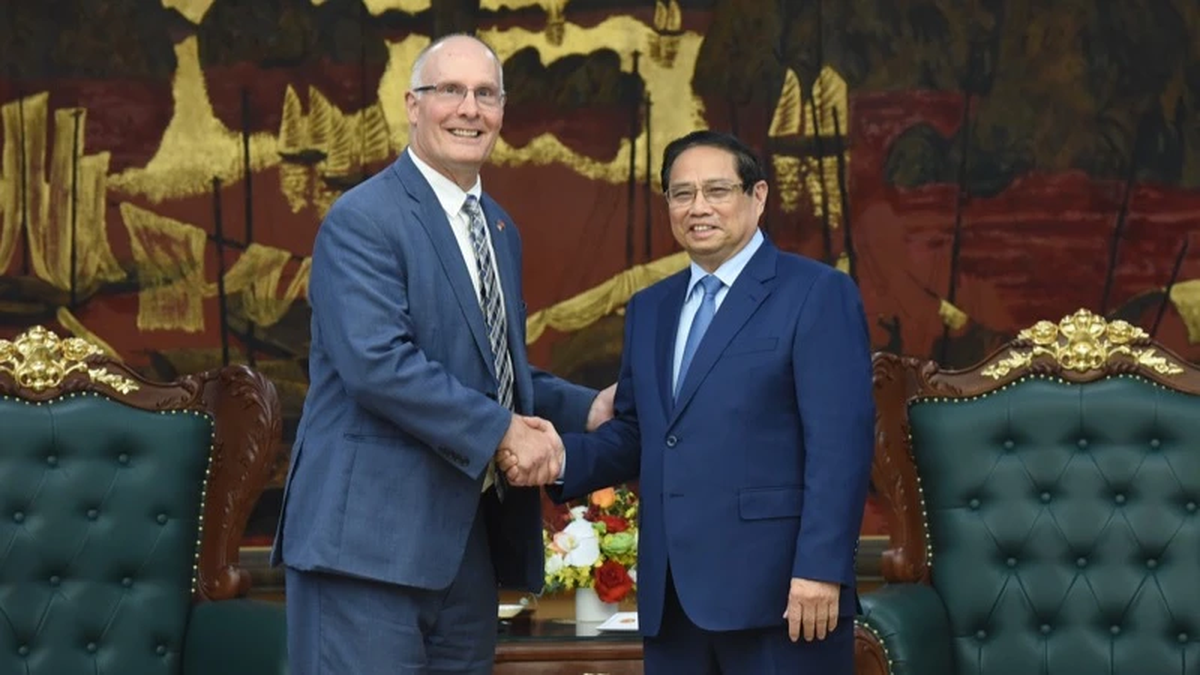
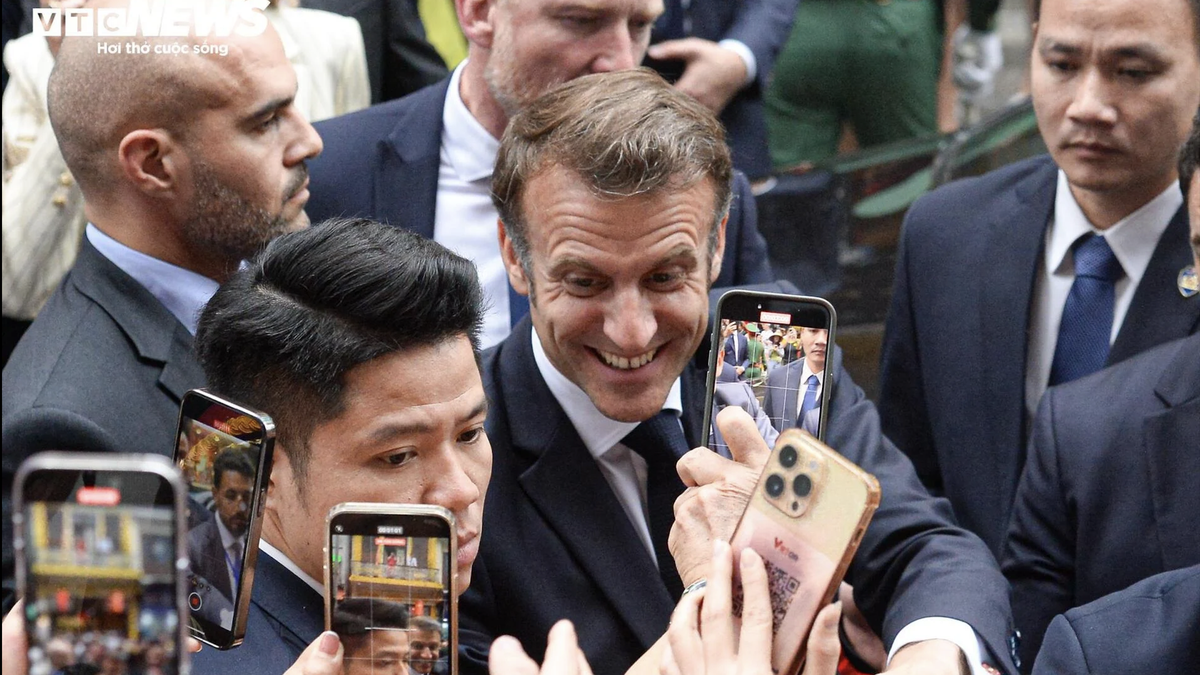

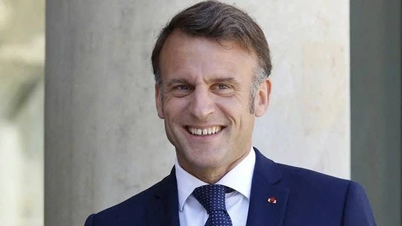

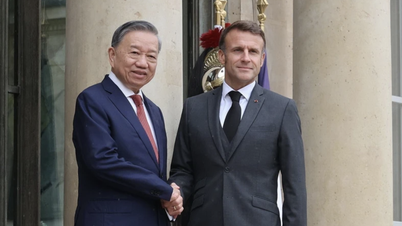

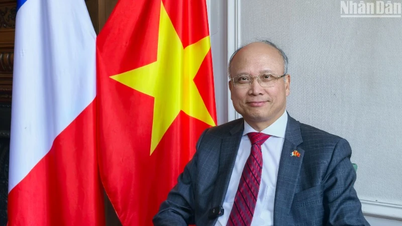


















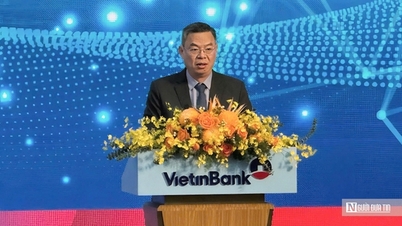



![[Photo] General Secretary To Lam works with the Central Policy and Strategy Committee](https://vphoto.vietnam.vn/thumb/1200x675/vietnam/resource/IMAGE/2025/5/28/7b31a656d8a148d4b7e7ca66463a6894)































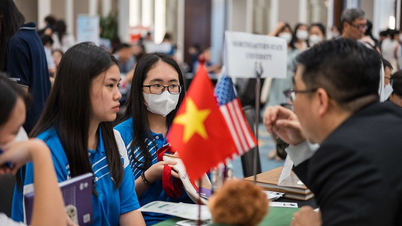




















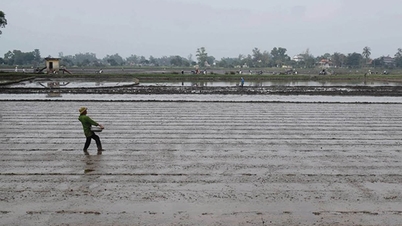













Comment (0)